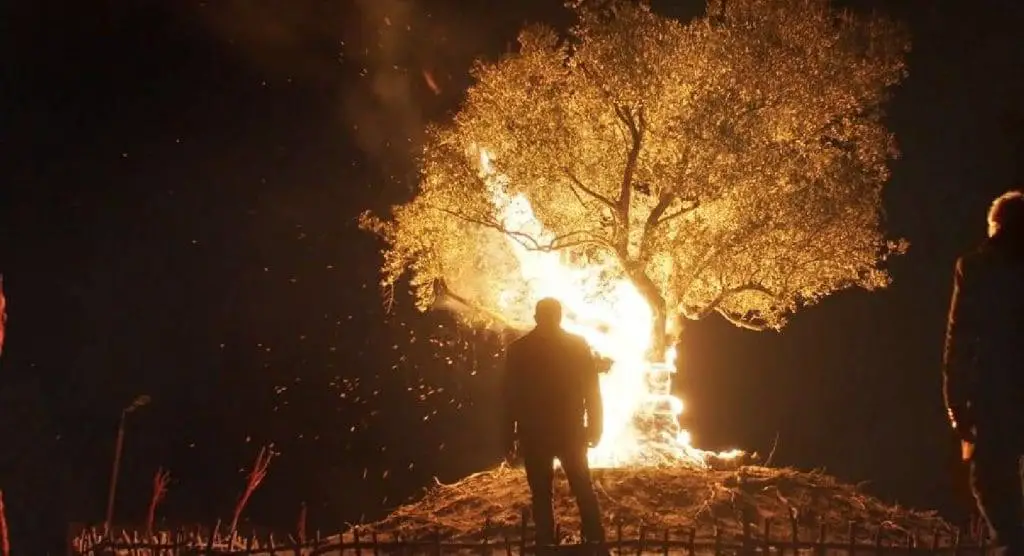
Although many people may be aware that Shirley Chisholm was the first black woman to run for this country’s Presidency what makes this film such a magnetic documentary is the details behind the campaign, and the woman. Certainly fewer people are aware of the events that her campaign endured, because as it is shown, she received such light consideration from the media at the time. This is somewhat surprising given that as we come to know Chisholm she is a hard woman to discount.
From her initial announcement to run she was ridiculed for thinking she had a shot at higher office, but her doggedness proved to be her staying power, and it is what fueled what was truly a grass-roots campaign. Proudly calling herself a dark horse candidate she was actually accurately described by a former staffer as something akin to Don Quixote. But her refusal to be marginalized prevented just that from happening, and as we spend time with the lady we see how she exhibited the political chops to run for office along with the old boy’s club. Chisholm exuded a remarkable assuredness at the podium and proved to be a unique public speaker. Her speeches were communicative and avoided to usual pedantic speech styles of politicians.
Listening to Shirley as she addresses voters you are not struck by the content of the message so much as you are impressed with somebody in office who talks to her voters in a direct manner. The lack of artifice also was noticeable. In one stock-footage reel we see her talking to a group of children about issues, but unlike modern politicians, who are always in a contrived setting to create this photo-op, Chisholm talked to these kids in a way that made them appear to be her peers. When one of the youths commented that white people do not want to see a woman in the White House she gently rebuked the young and corrected him by saying many black people do not want a woman I office as well, and that it may be her biggest obstacle.
What Chisholm faced was a surprising amount of resistance from groups that most would expect to cooperate, and much of that had to do with the time in our country’s history in which she ran. She pointed out that although the Black Caucus got behind her, it was not unanimous. John Conyers, who is in the Congress to this day, was among those who lent support for her, evidenced by his not appearing on screen with others. Also woman’s rights groups such as the N.O.W. failed to throw their backing to her, choosing instead to side with a candidate who could win and possibly deliver the goods. She also had trouble wooing the very demographics you might expect to choose her, as the blacks resisted her feminist leanings, and the women were leery of the black issues. She was resolute nonetheless, and even when she received controversy from a Black Panther endorsement she asked, “Why do the Black Panthers exist?” It was a reminder of the existence of the Klan—and she then stated it was healthy that the Panthers group was coming to the middle.
What is left for the viewer to ponder is what might happen if a woman like Shirley Chisholm were around today. Her skills and personality were more polished than most contemporary leaders, and if she were running for office today, unshackled by societal prejudice that existed in her era, she would be a force to be reckoned with. As it stands, if enough people see this documentary we may see Ms. Chisholm receiving her share of write-in votes.
